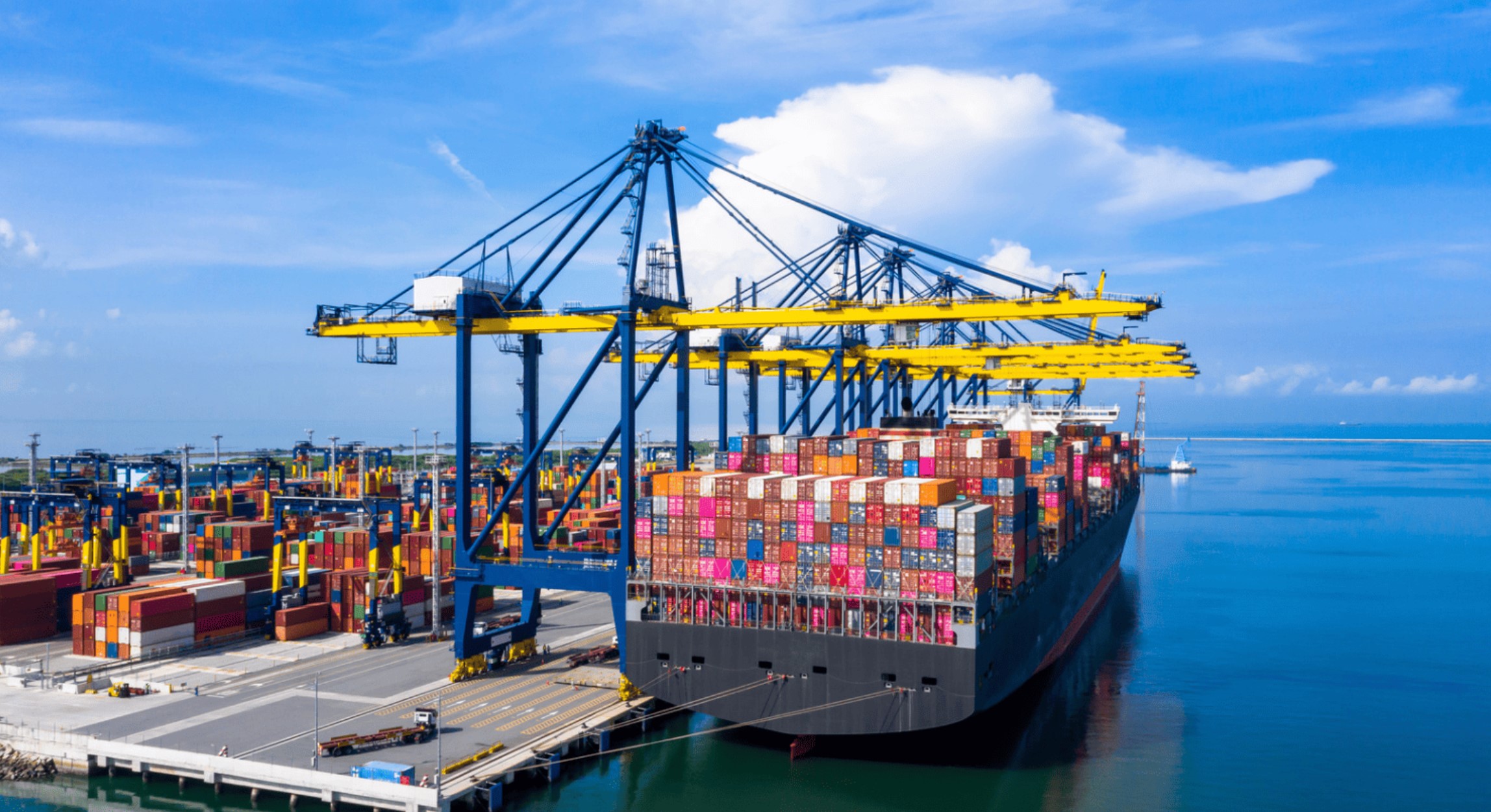———————————————
What are container shipments – a question that today concerns many business representatives who purchase goods abroad. First and foremost, it is the foundation of the modern international supply chain, where goods are transported in standardized containers worldwide. They provide convenience, safety, and predictability throughout the process.
Effective international shipments from China to Ukraine are successfully handled today by the logistics company Dragon Logistics, whose partnership makes the shipping process simple, transparent, and allows businesses to focus on growth.
What you need to know about container transportation: process features
Shipping goods in containers is one of the most reliable and in-demand methods of transport. Due to its high efficiency, cost-effectiveness, and versatility, this format is actively used by both large corporations and small and medium-sized businesses. To ensure smooth transportation, it is important to consider certain features and rules:
- Types of shipments – there are two main types. Full Container Load (FCL) – renting a full container, suitable for large batches. Less than Container Load (LCL) – transporting consolidated cargo, where several suppliers share a container, which is cost-effective for small volumes.
- Standardization – containers have universal sizes (20 and 40 feet), which simplifies loading, unloading, and storage. This approach allows for efficient use of space on the vessel and minimizes the risk of damage. There are also specialized containers, such as refrigerated containers to maintain the required temperature for sensitive goods, tank containers for liquids, and open-top containers for oversized cargo.
- Transit times – maritime container shipments take an average of 45–65 days, depending on the port of departure, route, and weather conditions. This shipping method offers the most affordable rates and is considered one of the most reliable, though not the fastest. Multimodal shipping solutions are also widely used, reducing transit times and optimizing costs.
- Documents and formalities – it is essential to comply with requirements for export documentation, invoices, packaging, labeling, and product certification. Most logistics companies, including Dragon Logistics, provide a full range of cargo support services.
Organizing container shipments involves several procedures. Initially, cargo is consolidated, a container is selected, packaged, and loaded. The cargo is securely fixed inside and then sent to its destination. Next comes unloading and delivery directly to the client. Each stage is strictly controlled with modern tracking technologies, allowing clients to monitor the location of their cargo in real time.
Key advantages
Shipping goods in containers offers several significant benefits:
- versatility – suitable for different types of cargo, including dry goods, temperature-sensitive goods, hazardous materials (chemicals, flammable items, etc.), oversized and non-standard items, and consolidated shipments;
- cost-effectiveness – using specialized containers makes logistics more affordable;
- safety – containers provide reliable protection against damage, theft, and negative environmental factors;
- scalability – suitable for both one-time shipments and regular large-volume imports;
- flexibility – allows combining different modes of transport.
This method of transportation is a smart choice for those who value stability, efficiency, transparency, and economic benefits. Choosing a reliable partner like Dragon Logistics significantly simplifies the process. We quickly develop the optimal route, calculate costs, and handle the entire shipping process “turnkey.”
